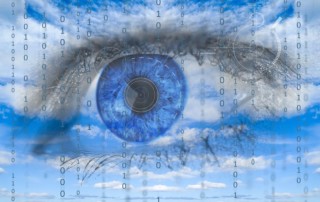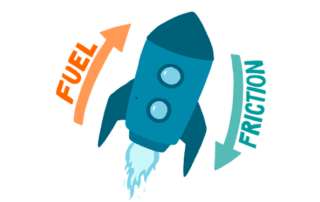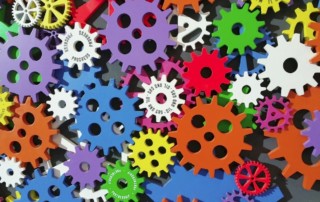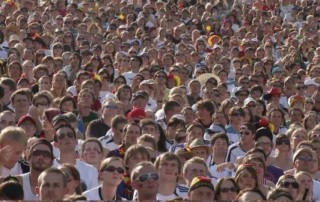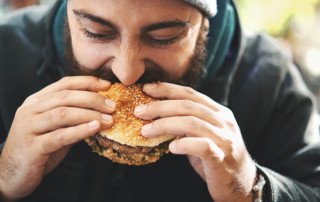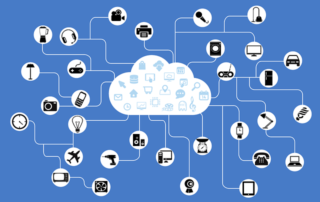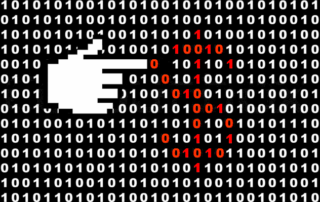Don’t Look at Me: Why We Dislike Being Observed in the Pre-Decisional Stage
Our decision making is subject to more pervasive observation than ever due to technologies that companies use to understand our offline and online activities — even before we make a purchase. Our research finds that consumers are particularly averse to being observed while they construct their preferences. Consumers feel that their sense of autonomy is threatened and distort their behaviors significantly in order to evade being observed.


